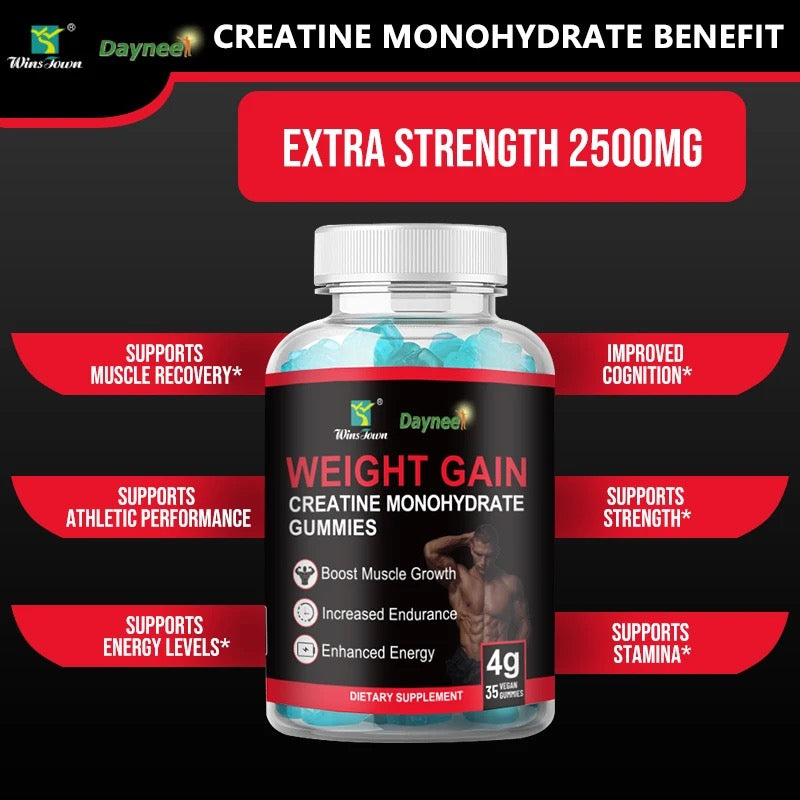Not known Details About Creatine Monohydrate
Not known Details About Creatine Monohydrate
Blog Article
Creatine Monohydrate Things To Know Before You Get This
Table of ContentsHow Creatine Monohydrate can Save You Time, Stress, and Money.What Does Creatine Monohydrate Do?The 5-Minute Rule for Creatine Monohydrate
The crucial takeaway is that An interesting systematic evaluation concluded an unfavorable correlation between creatine monohydrate supplementation and VO2 max. The authors acknowledge a risk of predisposition with the research layouts due to a need for more quality over randomization with almost all research studies included. Just three of the nineteen studies extensively outlined the assessment of VO2 max - Creatine Monohydrate.
If weight gain with liquid retention is a concern, stop taking creatine 1-2 weeks before competing to offset fluid retention while preserving increased creatine stores. Some individuals experience stomach discomfort when taking creatine, such as bloating, cramping, or diarrhea.
It's recommended to use it in powder form. Issues about the long-lasting impacts of creatine monohydrate supplements on renal (kidney) function have actually been elevated.
How Creatine Monohydrate can Save You Time, Stress, and Money.
None of the researches explored triathletes. The negative impacts reported in the studies connected to weight gain. As mentioned, many of the research studies utilized a higher-dose loading procedure (20g+/ day) in a short duration that might be balanced out and avoided via a reduced dose (such as 5g/day) for an extensive period.

Let's consider the primary benefits of creatine monohydrate. There is strong, dependable study showing that creatine boosts health. Impossible proof sustains enhancing lean muscular tissue mass, enhancing toughness and power, adding repetitions, reducing time to fatigue, improving hydration condition, and profiting brain health and wellness and function. Every one of these benefits will incrementally read award your wellness and enhance your "healthspan" as you age.
The majority of creatine is saved in the skeletal muscles in a type recognized
as phosphocreatine, or creatine phosphate. Creatine aids in the manufacturing of adenosine triphosphate, or ATP. Also if they never raised a weights, they 'd still profit from creatine supplementation.
Report this page